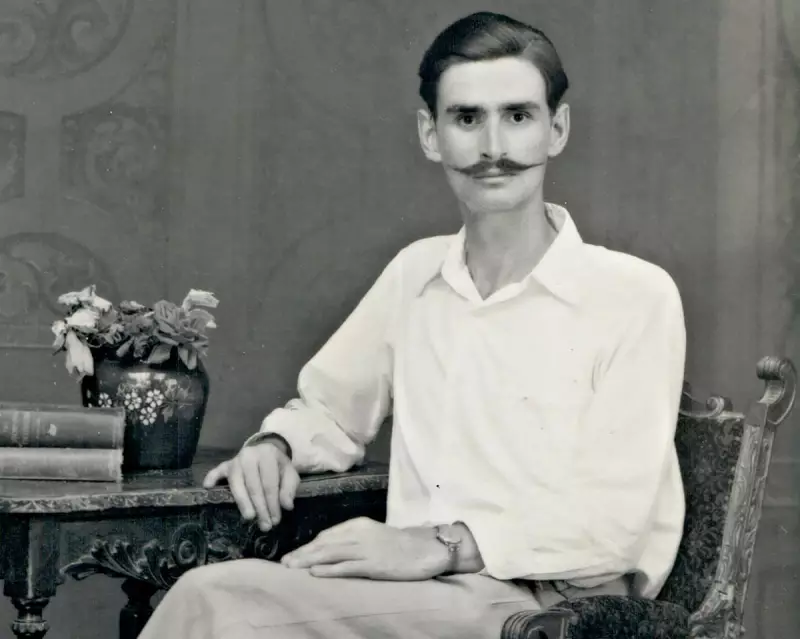
The world of anthropology has lost one of its most distinguished figures with the passing of Professor Adrian Mayer at the age of 101. A true pioneer in South Asian studies, Mayer's work fundamentally changed how we understand caste, kinship, and political organisation in India.
Early Years and Academic Foundations
Born in 1923 to German Jewish parents who had fled Nazi persecution, Mayer's early life was marked by displacement and resilience. His family eventually settled in England, where he developed what would become a lifelong fascination with different cultures and social structures.
After serving in the British Army's Intelligence Corps during the Second World War, Mayer pursued his academic passions at the London School of Economics. It was here that he began the journey that would define his career, studying under some of anthropology's most influential thinkers.
Groundbreaking Fieldwork in India
Mayer's most significant contributions emerged from his extensive fieldwork in India, particularly in the central Indian region of Malwa. His 1960 book, Caste and Kinship in Central India, remains a landmark study that challenged prevailing assumptions about Indian society.
What set Mayer apart was his innovative approach:
- He demonstrated that caste was not a rigid hierarchy but a dynamic system
- His research revealed the complex interplay between caste, kinship, and political networks
- He pioneered methods for studying how social structures operated in practice rather than theory
Academic Legacy and Lasting Influence
Throughout his career at the School of Oriental and African Studies (SOAS), Mayer mentored generations of anthropologists who would go on to shape the field. His teaching was characterised by intellectual rigour combined with genuine curiosity about his students' research.
Even in his later years, Mayer remained actively engaged with anthropological debates, always bringing his characteristic wisdom and historical perspective to contemporary discussions.
A Life Well Lived
Beyond his academic achievements, Mayer was remembered as a devoted family man who maintained his intellectual vitality throughout his long life. His ability to bridge different worlds – from his European origins to his deep understanding of Indian society – made him a unique and valued voice in anthropology.
Professor Mayer's legacy endures not only in his published works but in the countless scholars he inspired and the fundamental ways he changed our understanding of social organisation in South Asia.





